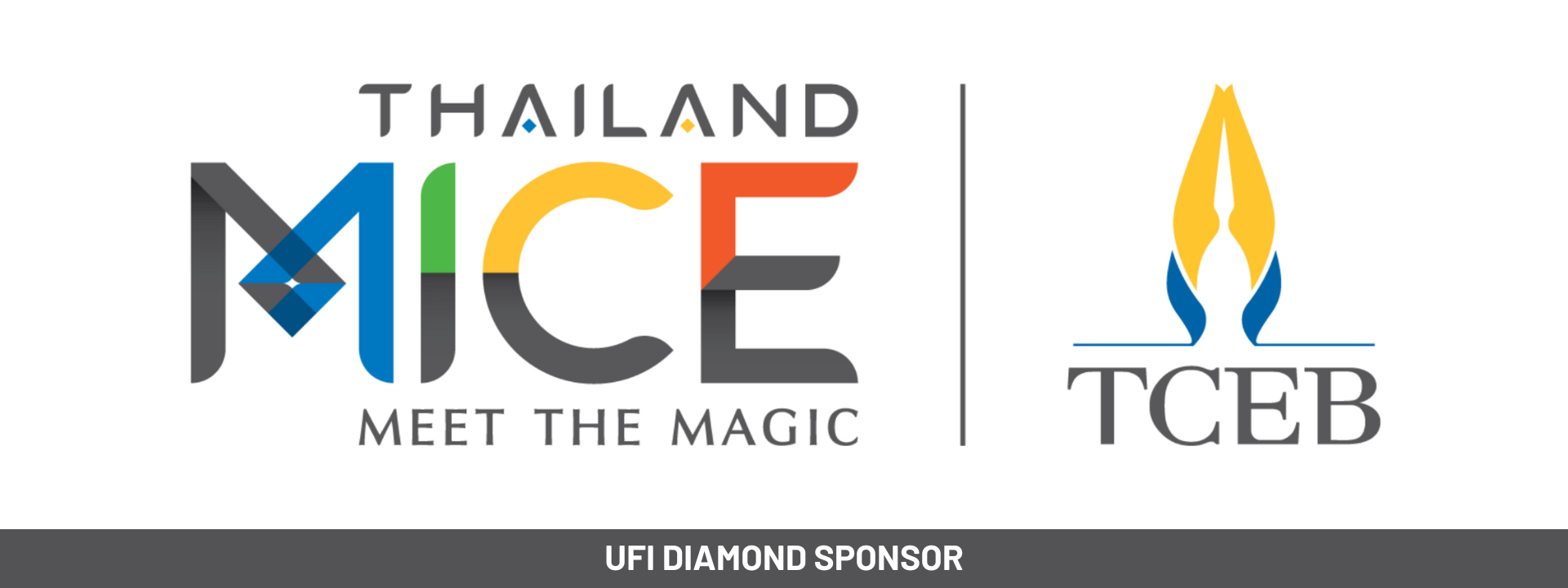Posted by
Barry Siskind
Community Manager
Participating in an international trade fair is not only costly it’s confusing. With a plethora of customs regulations, free trade agreements, and duties and tariffs, many large companies would sooner stay home than undertake the headaches that are part of international exhibiting. So, what can you do?
The most important step you can take is to hold their hand and walk them through the jungle of details. You may say, “That’s not my job” or “My exhibitors are large companies, they know how to do it.” If either of these sounds familiar then you might be guilty of complacency. Exhibitors are under a tremendous pressure to show a return on their exhibit investment. With escalating costs inherent in an international exhibition, sometimes they will conclude it doesn’t make sense.
We should open a discussion called “The care and feeding of international exhibitors,” What steps are you taking? What has worked for you and what hasn’t?






Your comments and observations are correct.
I have conducted a slide presentation entitled “Doing tradeshow Business from one country to the Next” last week at FIT in NYC (Masters Degree Program in Exhibit Design,in shaghai in June, and SaoPaulo in December.
During each presentation I learn from the audience.
I have come to the conclusion that we will never know everything. There are too many differences, but much of our exhibiting metods are similar in look and form. Knowledge will come in bit size pieces.
Sharing the pieces of our experiences from each of the countries ways of doing things can fill a book.
Let’s start with simple isolated experiences. Here isolated comments from three suppliers in Europe.
Peter Theodorides, President/Vision LTD,-Athens, Greece assisted an American client
for a tradeshow in Greece. “During the set up the client asked that my workers stop
smoking. The workers were on a break and in a designated smoking area of the building.
My dear customer, although smoking bothers me as well, I cannot ask my workers to
refrain when the rules say they are permitted to do so in designated areas. The client was
annoyed and the workers completed the job avoiding eye contact with the client.” says
Peter Theodorides.
Benedict Meissner, EWI Germany, served as a project manager for the installation of the
German pavilion at Shanghai Expo. He lived and worked in Shanghai for four months prior to
the opening of the Expo. “To achieve my goals in China during the set up, it was
important to note that I was the guest in their country. The Chinese culture is so strong
and unique and I cannot change their way of thinking and I needed to alter my own
behavior to get things done.” says Benedict Meissner.
Leslie Zech, CEO, IEEC/Vienna, Austria, past president of IFES managed a show in the
USA for an Austrian company that wanted a Steinway piano in their booth. When
inquiring about the cost to rent the piano, drayage and shipping was not calculated.
“The cost to bring the piano to the stand cost three times the cost to rent. I did not want to
own the piano!” says Leslie Zech.
I think you over-state the case for the cost and complexity of participating in an international trade fair and present too negative a view of how organisers respond to this. My own experience simply does not match the picture you paint.
And, let’s not forget the role of the international freight forwarders. The shipping companies – the good ones at least – take care of most of the issues you’ve mentioned. That’s their job and many of them are very good at it.
In focusing on cost and complexity, you seem to have forgotten that the reason for doing companies looking to international fairs is the pursuit of new business opportunity. Depending on where your company is based, it is most likely that the best chance of new clients and increased profits in the future are going to come in other parts of the world.
So, don’t treat participation in international fairs as some kind of punishment you have to suffer until the world returns to ‘normal’ and you can go back to doing business on your back door step. They are the most powerful tool available anywhere in the world for building up new business anywhere in the world.
Hello Mr Suskind
Internationl trade fairs : affordable and managable ?
In my opinion we have different ways to approach this point:
1. It is the great challenge of the stand contractors to keep this medium affordable ! They have to set up international collaboration and make there work efficient ! Designed here , build there is the slogan of the Octanorm service partner international network OSPI, but more and more Ifes and Expopedia are working to facilitate this objective.
Ifes by making the network possible and Expopedia by providing the partner guide for Ifes.
We would like to get he help from UFI by breaking the factual monopolies who are at some venues – like forwarding or drayage and other monopolies in the US.
2. We could try to make a minimum regulation in Europe. Gather all the facts – mix them until we have a “best practice example” and then organisers can use this as the standard and eventually add more if they feel like it !
Differet regulations in each venue makes the work of the service industry very difficult and more expensive !
sincerely
koen Bogaert
Publiganda nv – Belgium